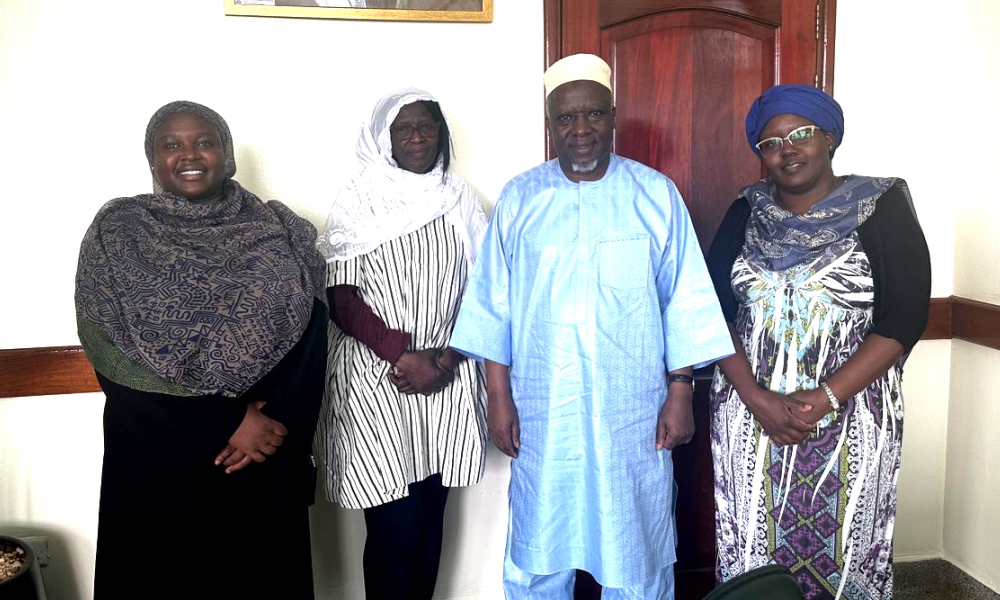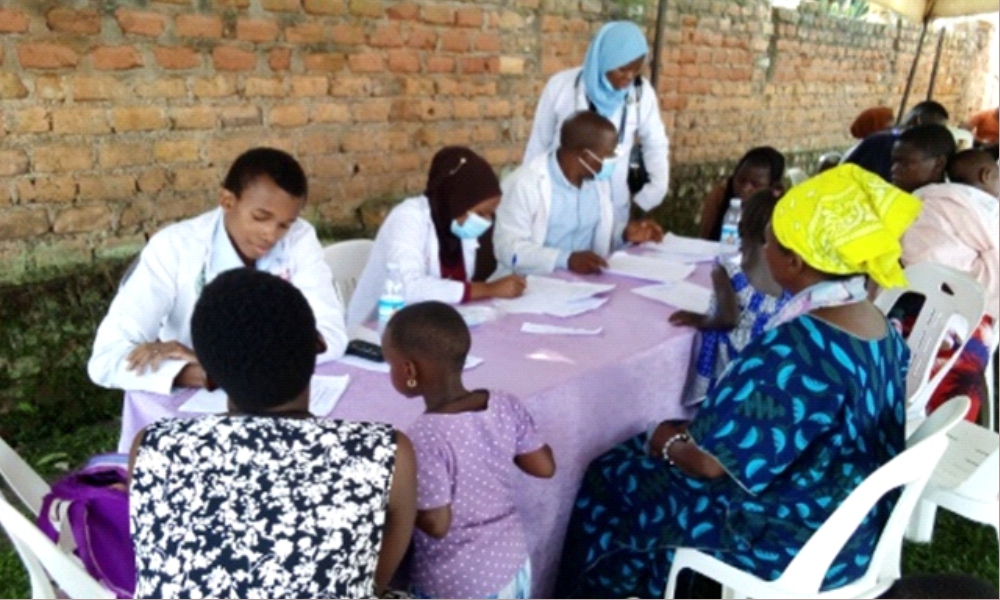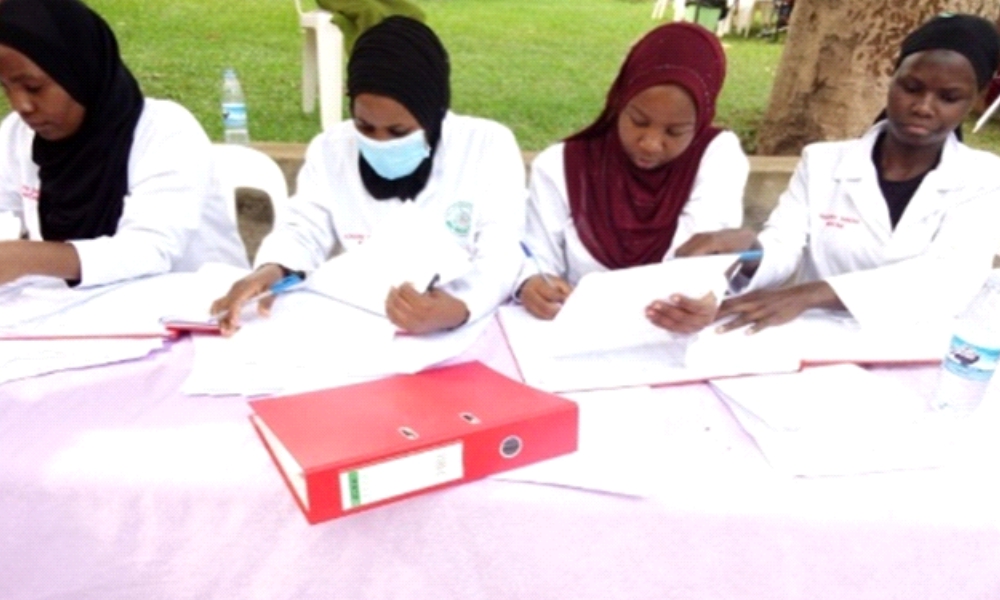IUIU Awarded Best Private University in Uganda
07th Sep, 2024 9:55am

In a remarkable demonstration of community care and collaboration, the Islamic University in Uganda (IUIU), in partnership with Tendergrass-Root, has significantly improved healthcare access for marginalized populations in Entebbe’s urban slums. Over the past few months, four health fair camps organized by these entities have profoundly impacted the lives of 4,710 patients in the Kataab area.

These health fairs provided various medical services, addressing diverse needs from basic health screenings to specialized treatments. The camps were not just a series of events but a lifeline for many who otherwise would have faced significant barriers to accessing healthcare. The success of these initiatives did not go unnoticed, attracting the support of several prominent partners, including Mulago Hospital, Victoria University, Mpiigi District, and the Islamic Medical Association of Uganda (IMAU).
Mulago Hospital, Uganda’s premier referral hospital, brought its expertise and resources to the camps, offering advanced medical care and specialist consultations. Victoria University contributed by deploying its medical and health science students, providing them with invaluable practical experience while serving the community. Mpiigi District facilitated logistical support and local coordination, ensuring the camps run smoothly and effectively. IMAU’s involvement was crucial in mobilizing healthcare professionals and resources, underscoring the power of collective effort in addressing health disparities.

The collaboration among these diverse organizations enhanced the reach and quality of the health services provided and fostered a model of community-driven healthcare that other regions might emulate. The health fairs exemplify how partnerships can bridge gaps in healthcare access, combining expertise, resources, and local knowledge to create impactful solutions.
This initiative stands as a testament to the profound difference that coordinated, community-focused efforts can make in the lives of those in need. It also highlights the importance of sustained advocacy and collaboration in addressing healthcare challenges, ensuring that vulnerable populations receive the care they deserve. The success of these health fairs is a beacon of hope and a call to action for continued and expanded partnerships in the pursuit of health equity.